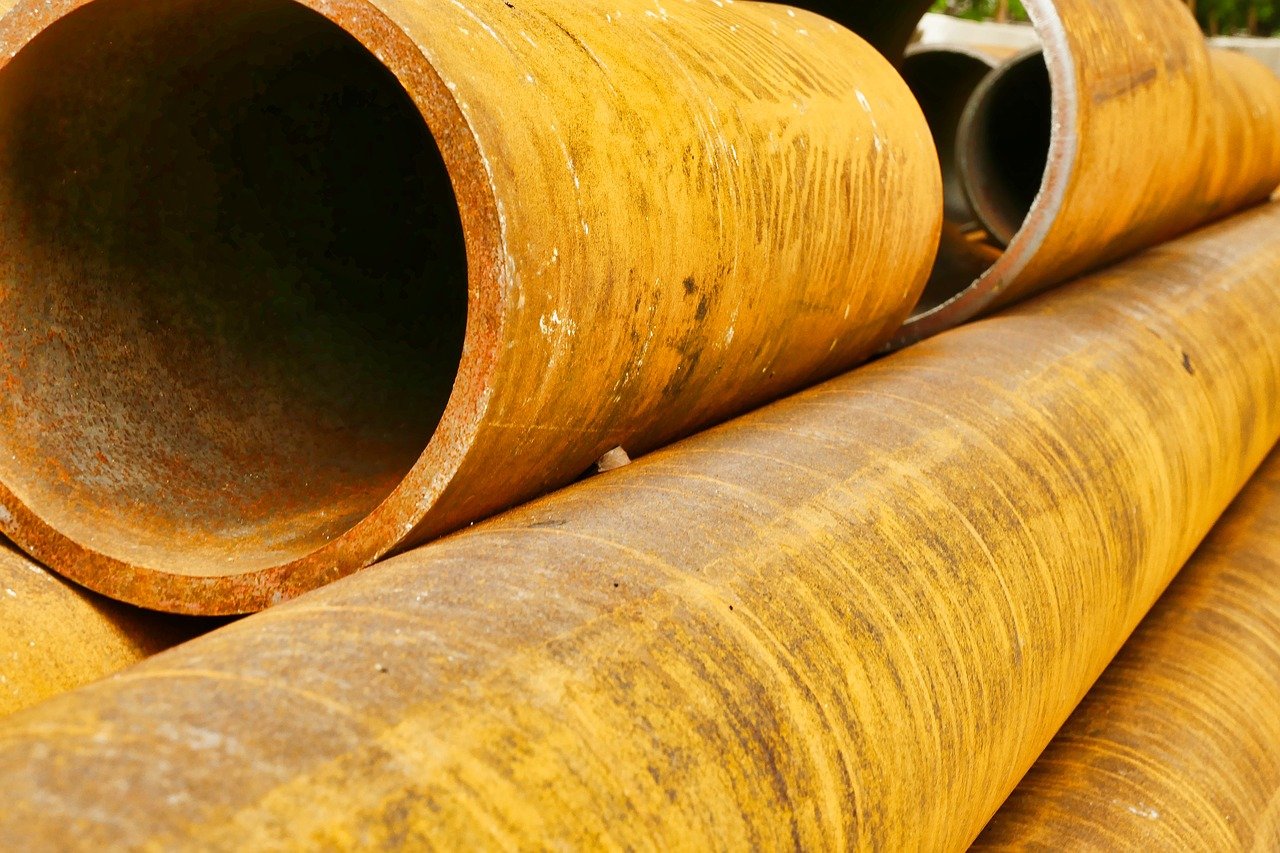When demand dries up
The effects of COVID-19 are being felt acutely in the oil and energy sector, where cooperation is needed to protect future energy security for consumers and safeguard jobs and livelihoods, writes HE Mohammad Sanusi Barkindo, secretary general, Organization of the Petroleum Exporting Countries
We are living in unprecedented times. There simply has never been anything like COVID-19 in modern memory. First and foremost, it is a health and human tragedy, but the knock-on effects are being felt in many ways and have enormous consequences for the global economy.
Every economic sector has been touched by this silent beast. This is evident in global oil. The mismatch in supply and demand has been jaw-dropping. Given the massive global oil demand decline due to the lockdown measures to counter the COVID-19 pandemic, the excess supply volumes on the market have been far beyond anything seen before.
Every producer, many of which are developing countries, has been affected; oil companies have been haemorrhaging, with some going bankrupt and people’s livelihoods pulled from under them.
No one is immune to this shock. This crisis could lead to a major investment shortfall in the coming years that could sow the seeds for future energy security issues for consumers. The oil industry is a dynamic and vital cog for state, country, regional and global economies. It is in the interests of all of us to support and take appropriate actions towards sustainable oil market stability.
The grizzly shadow hanging over the oil industry and the global economy was behind the historic decision taken by OPEC and non-OPEC participants in the Declaration of Cooperation on 12 April 2020 to adjust crude oil production downwards by 9.7 million barrels a day in May and June 2020, which was then extended to July at ministerial meetings on 6 June. Moreover, the decisions taken in April covered a longer timeframe for production adjustments; 7.7mb/d from August to the end of December 2020, and by 5.8mb/d from January 2021 to the end of April 2022.
These adjustments are the largest and for the longest duration in the history of the industry, with a focus not only on the near term, but also on supporting medium-term recovery and longer-term growth. They underscored commitment and shared responsibility, with DoC partners again being proactive and proportional, responsible and agile.
Broad support
The decision also received broad support and recognition. The International Energy Agency offered its backing. The convening of a G20 Extraordinary Energy Ministers Meeting at the same time, with the Kingdom of Saudi Arabia chairing the G20 in 2020, offered further encouragement, and recognised the burgeoning need to further expand dialogue and cooperation.
The G20 ministers’ statement emphasised a pledge to work together “in the spirit of solidarity”, recognised the commitment of producers in the DoC group to stabilise energy markets and acknowledged the importance of international cooperation in ensuring the resilience of energy systems.
The talks and diplomacy of this period brought around the table a plethora of producers and consumers, including the United States for the first time, with President Donald Trump playing a pivotal role. It also led to many producers outside the DoC group offering adjustments themselves, and to countries offering to buy oil to fill strategic petroleum reserves.
What this unparalleled crisis has shown is that complex and multifaceted challenges need comprehensive and global solutions. We can no longer work in silos. Make no mistake: nobody can shoulder this burden on their own. This was emphasised through the DoC, the involvement of other producers, the participation of the G20 and solidarity from consumers.
This raises questions for G7 leaders: How can we build on what has been achieved through recent cooperative efforts, for example, through the Charter of Cooperation? What possible novel architecture can we put in place for closer engagement to ensure stability, transparency and sustainability in global oil and energy systems?
This relates not only to helping mitigate the immediate and massive damage from COVID-19, but also in utilising all available energies, all clean and efficient technological solutions, and all pathways in the future energy transition to balance the needs of people in relation to their social welfare, the economy and the environment.
It was US president Ronald Reagan who once said: “The future doesn’t belong to the faint-hearted. It belongs to the brave.”
Although the forces unleashed by COVID-19 may seem overwhelming, we need to be brave. We need to forge a sense of deeper community, and remind ourselves that we are all intrinsically linked, with the global oil and energy markets the fulcrum that keeps the world running. It is time for all stakeholders to come together and for everyone to play their part and act in a fair, equitable and responsible manner.












